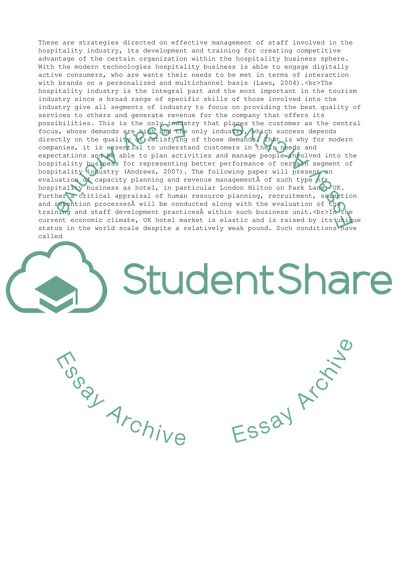Cite this document
(Managing ressources in hospitality Essay Example | Topics and Well Written Essays - 2500 words, n.d.)
Managing ressources in hospitality Essay Example | Topics and Well Written Essays - 2500 words. https://studentshare.org/management/1856381-managing-ressources-in-hospitality
Managing ressources in hospitality Essay Example | Topics and Well Written Essays - 2500 words. https://studentshare.org/management/1856381-managing-ressources-in-hospitality
(Managing Ressources in Hospitality Essay Example | Topics and Well Written Essays - 2500 Words)
Managing Ressources in Hospitality Essay Example | Topics and Well Written Essays - 2500 Words. https://studentshare.org/management/1856381-managing-ressources-in-hospitality.
Managing Ressources in Hospitality Essay Example | Topics and Well Written Essays - 2500 Words. https://studentshare.org/management/1856381-managing-ressources-in-hospitality.
“Managing Ressources in Hospitality Essay Example | Topics and Well Written Essays - 2500 Words”. https://studentshare.org/management/1856381-managing-ressources-in-hospitality.


